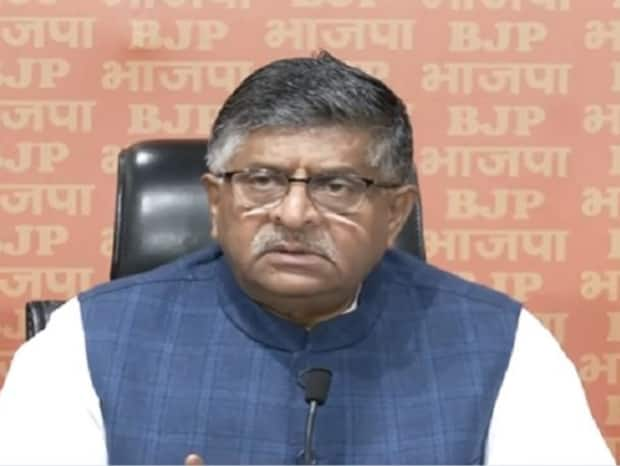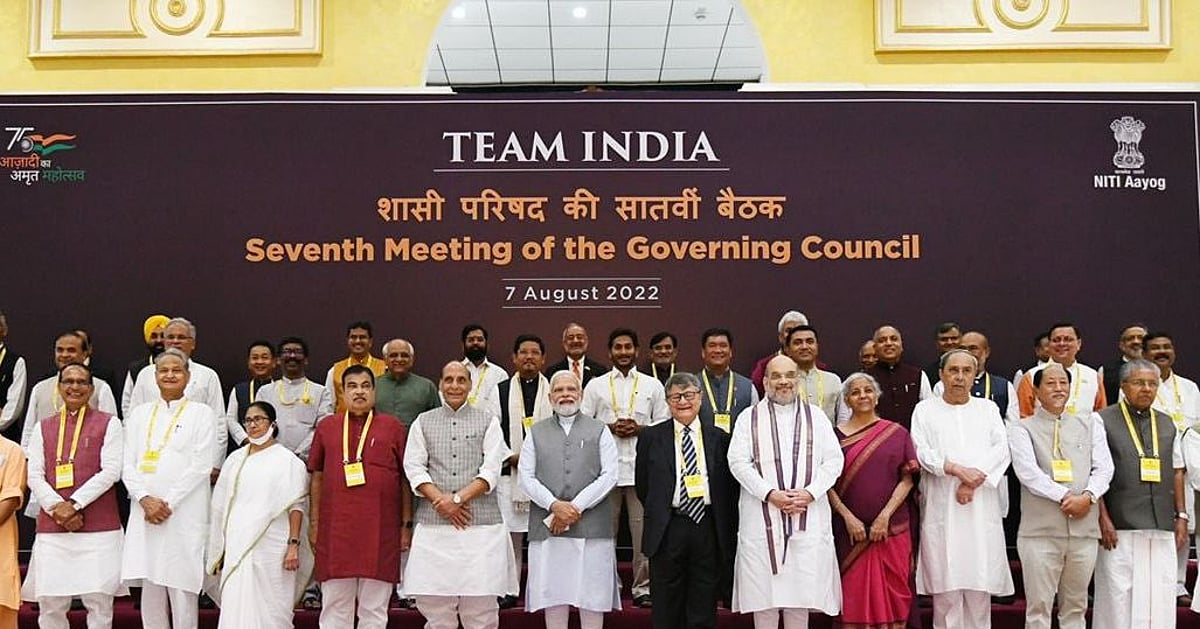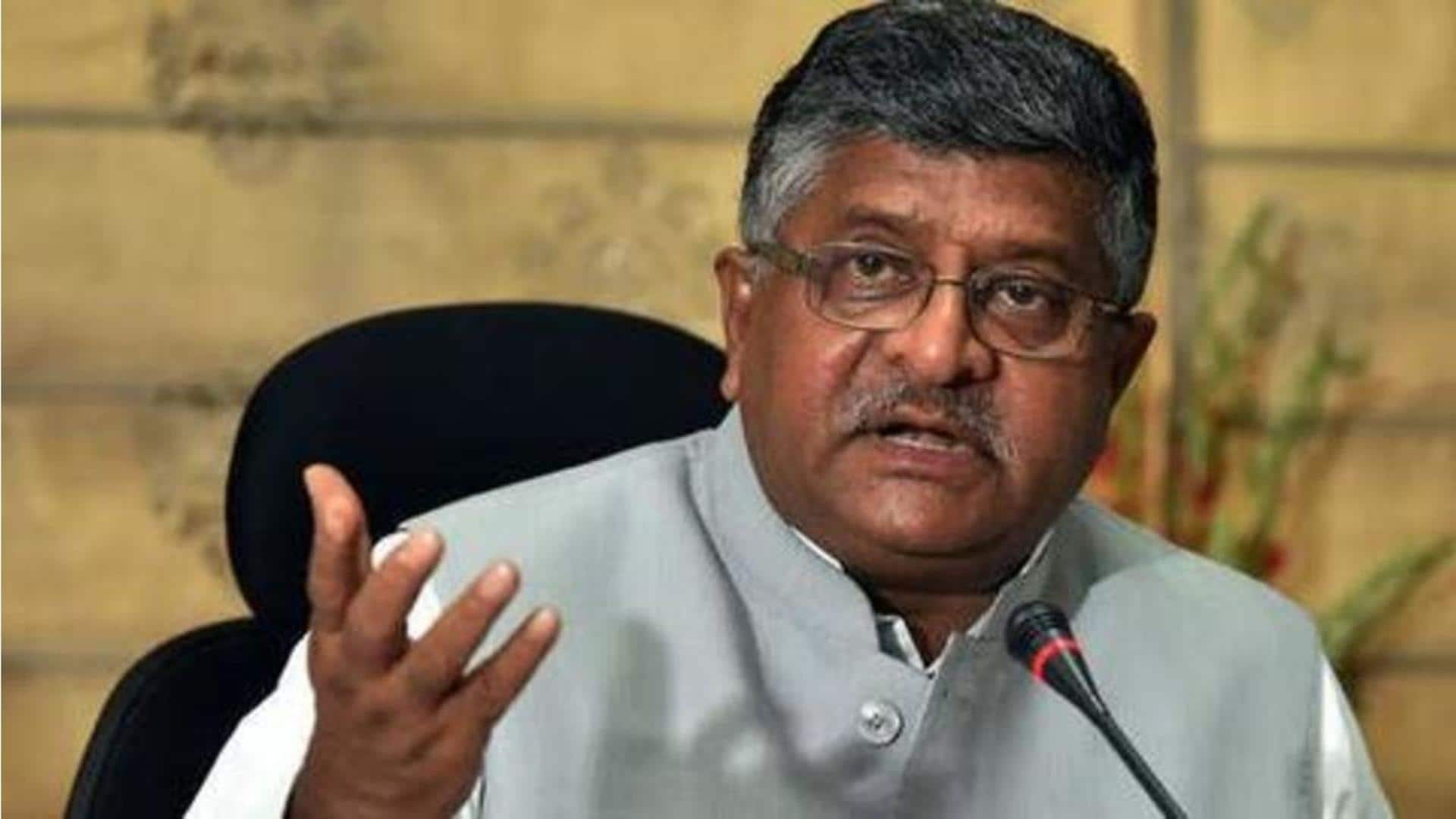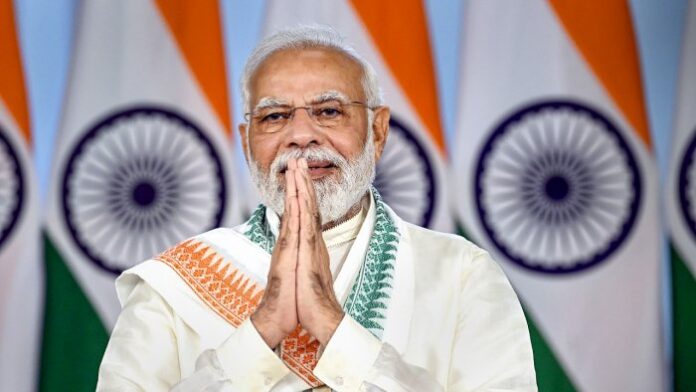Prime Minister Narendra Modi presided over the eighth governing council meeting of Niti Aayog, held at the newly inaugurated Convention Centre in Pragati Maidan, New Delhi, on Saturday. The meeting was aimed at discussing crucial issues such as health, skill development, women empowerment, and infrastructure development, with a vision to transform India into a developed nation by 2047.
However, the Bharatiya Janata Party (BJP) expressed disappointment and criticized the chief ministers who chose to boycott the governing council meeting of Niti Aayog. The BJP labeled their decision as “unfortunate,” “irresponsible,” and “anti-people.” Senior BJP leader Ravi Shankar Prasad, addressing a press conference in Delhi, condemned the opposition chief ministers’ absence, deeming it “totally irresponsible” and against the interests of the public and the people they govern in their respective states.
Several prominent chief ministers, including Arvind Kejriwal of Delhi, Mamata Banerjee of West Bengal, Bhagwant Mann of Punjab, Nitish Kumar of Bihar, K Chandrashekar Rao of Telangana, MK Stalin of Tamil Nadu, Ashok Gehlot of Rajasthan, and Pinarayi Vijayan of Kerala, decided not to attend the Niti Aayog meeting chaired by Prime Minister Narendra Modi.
Crucial issues discussed at the Niti Aayog meeting under the leadership of Prime Minister Narendra Modi
Prasad questioned the chief ministers’ decision to boycott a meeting where a hundred important issues were to be discussed. He emphasized that by choosing not to participate, these chief ministers were failing to represent the voices and concerns of their respective states. He stressed the significance of Niti Aayog as a vital institution responsible for determining the overall policy framework and development roadmap of the country.
Prasad further expressed his disappointment, highlighting that the absence of these chief ministers meant they were unwilling to raise and address the issues affecting their constituents in the governing council. He questioned their motives, stating that while they had plenty of opportunities to oppose Prime Minister Narendra Modi, they should not cause harm to the people of their states by neglecting their responsibilities.
The BJP leader challenged the chief ministers, asking how far they were willing to go in opposing Prime Minister Modi. He made these remarks during a press conference held at the BJP headquarters in New Delhi. Prasad also credited the previous seven Niti Aayog meetings for yielding significant benefits.
The eighth governing council meeting of Niti Aayog was chaired by Prime Minister Narendra Modi at the new Convention Centre in Pragati Maidan, New Delhi. The council consists of chief ministers of states, lieutenant governors of union territories, and various Union ministers, among other members. Notably, the council meeting could not be held in 2020 due to the COVID-19 pandemic.
The theme for this meeting, conducted at the new Convention Centre in Pragati Maidan, Delhi, was “Viksit Bharat @ 2047: Role of Team India.” Throughout the day-long meeting, eight significant themes were discussed, including Viksit Bharat, emphasis on Micro, Small, and Medium Enterprises (MSMEs), infrastructure and investments, minimizing compliance burdens, women empowerment, health and nutrition, skill development, and Gati Shakti for area development and social infrastructure. This information was conveyed through an official statement from Niti Aayog.
In conclusion, the eighth governing council meeting of Niti Aayog, chaired by Prime Minister Narendra Modi, aimed to address pressing issues and formulate strategies for India’s development. While the absence of certain chief ministers drew criticism from the Bharatiya Janata Party, the meeting proceeded with discussions on various themes crucial to the nation’s progress.
Opposition CMs’ absence during the governing council meeting receives strong criticism from the BJP
Prime Minister Narendra Modi took charge of the eighth governing council meeting of Niti Aayog, which was held at the newly constructed Convention Centre in Pragati Maidan, New Delhi, on a Saturday. The objective of the meeting was to deliberate on a range of important topics, including healthcare, skill development, women empowerment, and infrastructure development. The overarching goal was to pave the way for India’s transformation into a developed nation by 2047.
However, the governing Bharatiya Janata Party (BJP) expressed disappointment and strongly criticized the chief ministers who opted to boycott the Niti Aayog’s governing council meeting. The BJP labeled this decision as “unfortunate,” “irresponsible,” and “anti-people.” Ravi Shankar Prasad, a senior BJP leader, addressed the media in Delhi and expressed his dismay over the absence of opposition chief ministers, condemning it as a “totally irresponsible” act that went against the best interests of the public and the people they are entrusted to govern.

